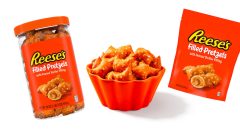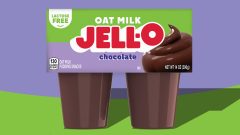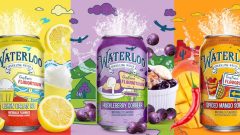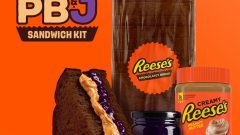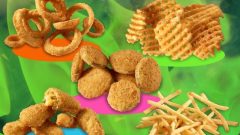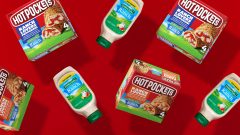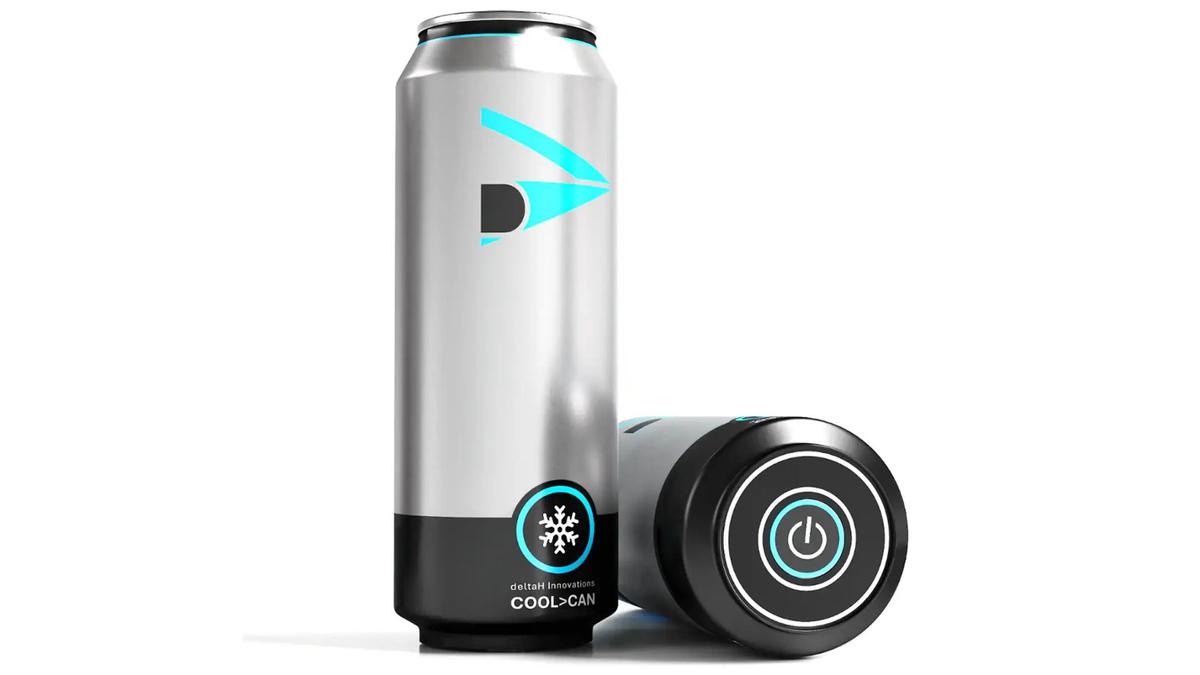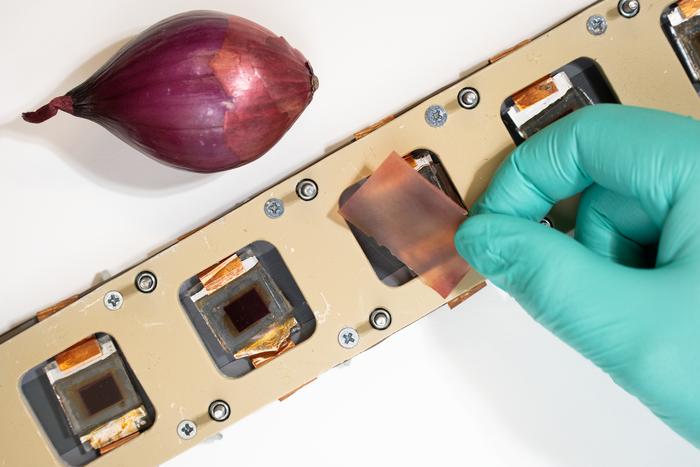Professor Discovers Egg Whites Can Be Used to Create Affordable Water Purifying-Filters
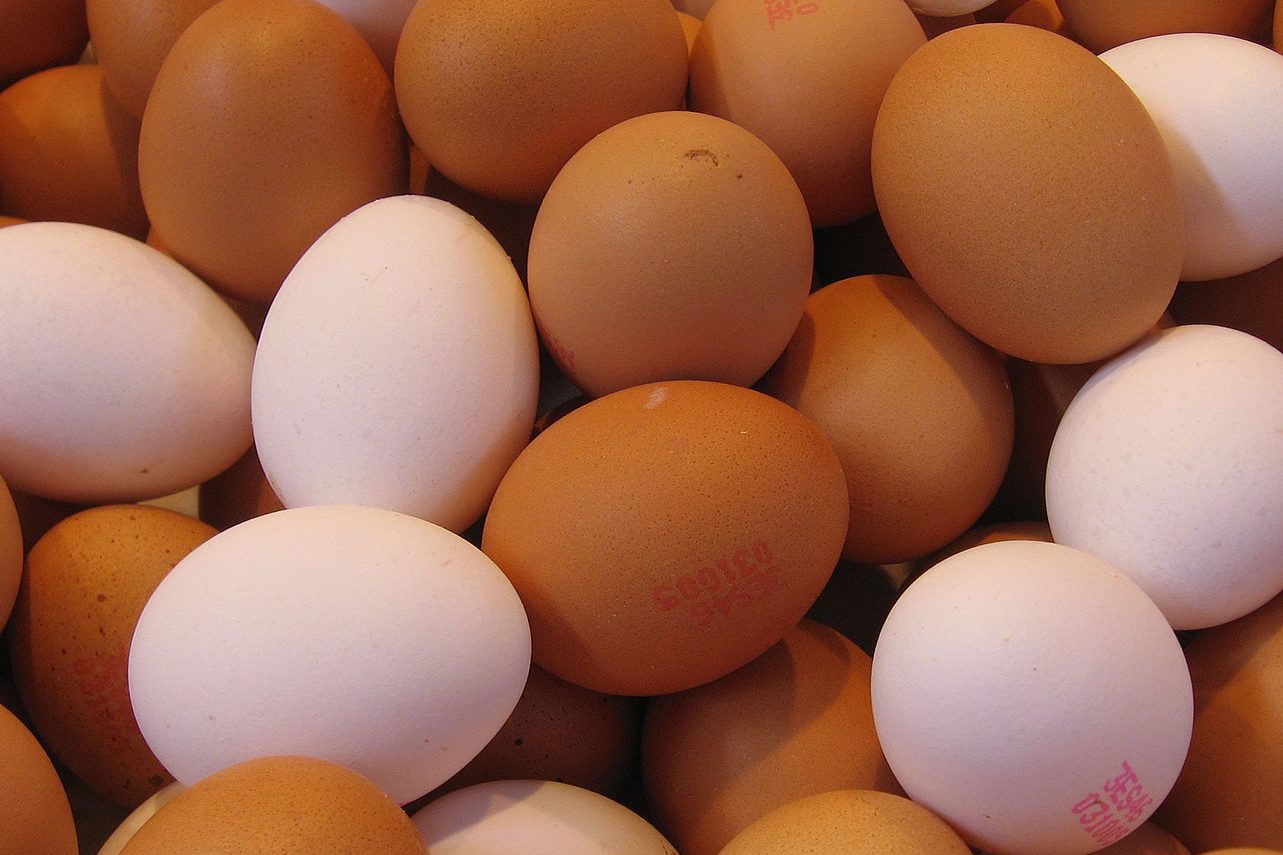
Studies show that each year the amount of microplastic pollution is increasing. Despite what their name may suggest, microplastics account for 92% of plastic pollution found on the ocean’s surface. These disheartening facts are compounded by a growing worldwide water scarcity, as nearly half of the globe’s population could be living in areas with a shortage of water as early as 2025.
Happening upon an unlikely potential solution is Professor Craig Arnold of Princeton University. While at a faculty meeting, his mind happened to wander, finding its way to the details of his sandwich bread. A closer look sparked an idea that the bread’s structure would work well if it was incorporated into a water-filtration aerogel.
Inspired, he gathered his lab group to develop various bread recipes with added carbon. When the first round of bread-based aerogels failed to reproduce the intended structural durability, they continued to experiment. A process of elimination would lead Professor Arnold and his lab group to an unexpected discovery: They found that egg whites with a small amount of carbon produced the results they were after.
“It was the proteins in the egg whites that were leading to the structures that we needed,” said Arnold.

While they’re still fine-tuning, using the current egg white-aerogel has shown to remove salt and microplastic particles from seawater with 98% and 99% efficiency, respectively. The aerogel was created by freeze-drying the egg protein/carbon mixture then heating it 1,652 ºF (900 ºC) in an oxygen-free environment. Much like Professor Arnold’s sandwich bread, the resulting material is bread-like with interconnected carbon fiber strands and sheets of graphene.
Sehmus Ozden, a postdoctoral research associate at the Princeton Center for Complex Materials and first author on the paper added, “The egg whites even worked if they were fried on the stove first, or whipped.”
This complex structure of almost pure protein is said to allow the aerogel to work better than activated carbon filters while requiring no electricity like reverse osmosis systems. Rather, it uses gravity to pull seawater through. While the team is still determining the aerogel’s water filtration rate, they’ve also discovered that beyond egg whites, similarly commercially available proteins seem to work just as well.
Moving forward, Professor Arnold and his team are focused on scaling up the production process in hopes that the aerogel technology can one day be used not only for water filtration, but energy storage, soundproofing and thermal insulation as well.
Further details can be found in the lab group’s paper shared on Materials Today. Original article published by New Atlas.





